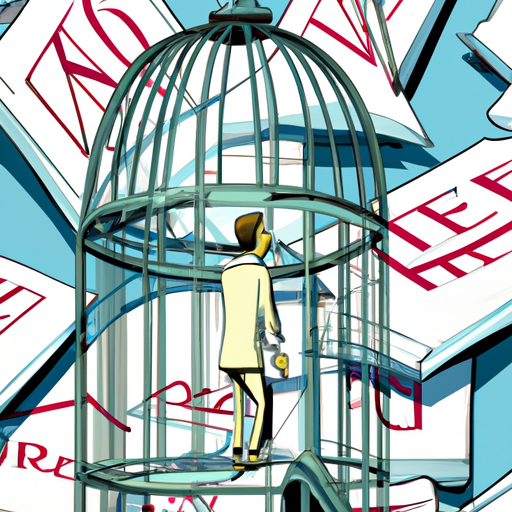This article explores the controversial side of arrest reports in Japan, which have been criticized for portraying individuals as criminals before being proven guilty. It presents a deep dive into the stories of those claiming to be victims of false accusations and the role of media in shaping public perception.
In Japan, once an individual is arrested, the media often presents the arrestee as guilty, leading to public defamation regardless of the final judicial decision. Society's trust in law enforcement and media accuracy makes it difficult for these individuals to recover their reputation, even if found innocent. The ethics of such reporting, which amounts to 'Trial by Media', are increasingly being questioned, stirring debate about justice, truth, and the role of mass media.
In contrast to Japan, both the US and EU have strong legal concepts of "innocent until proven guilty". Although media scrutiny can sometimes lead to public prejudice, there are more stringent rules around media reporting on legal cases, and higher public awareness about such biases. However, no system is immune to miscarriage of justice, and false convictions or accusations occur globally.

